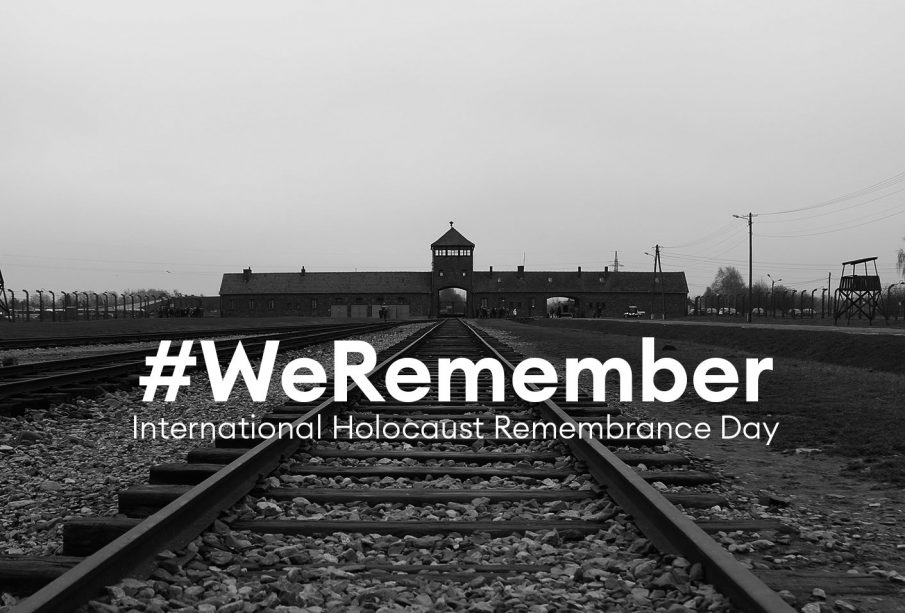Commemorating Auschwitz Memorial Day: A Reminder of History

Introduction
Auschwitz Memorial Day, observed annually on January 27, serves as a solemn reminder of the atrocities committed during the Holocaust. This day marks the anniversary of the liberation of the Auschwitz-Birkenau concentration camp by Soviet troops in 1945. The significance of this day extends beyond remembrance; it promotes education about the Holocaust and encourages a dialogue about human rights, tolerance, and the consequences of hatred. In a time when anti-Semitism and hate crimes are on the rise, the lessons learned from this dark chapter in history are more relevant than ever.
Significance of Auschwitz Memorial Day
Auschwitz, located in Poland, was the largest Nazi concentration and extermination camp during the Holocaust. It symbolizes the horrors endured by millions, including Jews, Roma, Polish political prisoners, Soviet POWs, and others. The camp’s liberation unveiled the harrowing human rights violations that occurred within its walls. Each year, survivors, their descendants, and individuals from around the world gather to honour those who lost their lives, ensuring their stories are not forgotten.
The United Nations General Assembly designated January 27 as International Holocaust Remembrance Day in 2005, further solidifying the importance of this date. Educational programs, events, and memorial activities are organised globally to promote awareness and understanding of the Holocaust. These initiatives aim to combat Holocaust denial and distortion, ensuring that the memories of the victims continue to resonate through time.
Current Events and Remembrance Activities
This year, many memorial events have taken place in various locations, including ceremonies at Auschwitz-Birkenau itself. Leaders and representatives from multiple countries gathered to pay their respects, alongside Holocaust survivors sharing their testimonies. Virtual events have also become increasingly significant, allowing global participation despite ongoing challenges posed by the pandemic.
In the UK, educational institutions and community organisations have organised workshops, discussions, and art exhibitions centred around Holocaust education. This effort seeks to engage younger generations, fostering a deeper understanding of the societal impacts of prejudice and discrimination.
Conclusion
Auschwitz Memorial Day remains a crucial observance that highlights humanity’s collective responsibility to remember and learn from history. As we look to the future, it is essential for individuals and communities to engage in meaningful conversations about tolerance, acceptance, and the significance of standing against injustice. Through education and remembrance, we can ensure that the legacy of those lost will continue to inspire action towards a more inclusive society. By remembering the past, we strive to create a better, more compassionate future.









